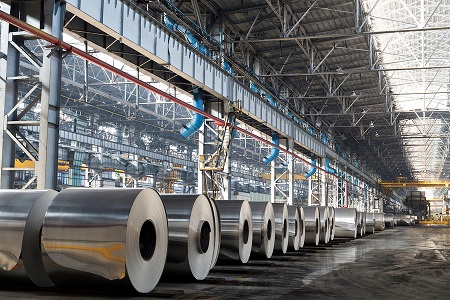Ai Group recently released the results of a study which surveyed around 160 Australian manufacturers, questioning their concerns about the proposed FTA.
"Our survey found that just over half (51.6 per cent) expect that the removal of tariffs on Chinese manufactured goods will negatively affect their business," Ai Group Chief Executive Innes Willox said.
"Reflecting the lack of transparency of the FTA negotiations with China, around a fifth of respondents are uncertain about how their business might be affected.
"The study forms the basis of a submission made on behalf of our members to the Department of Foreign Affairs and Trade."
Potential benefits
Willox said: "The study also highlights that the Australia-China FTA has the potential to bring enormous benefits to Australian industry through greater access to the world's second-largest economy. However, realising this potential will require skilful and determined negotiation and close attention to the diversity of the Australian economy.
"The Australian-China FTA could, if delivered well, enable local manufacturers to source competitively-priced inputs and find more opportunities in global supply chains, yet only 11.2 per cent of manufacturing respondents in the survey expect their business to benefit from an Australia-China FTA."
FTA recommendations
Wllox said: "Ai Group believes that many of the concerns can be addressed and opportunities maximised for the benefit of the broader economy. In particular:
- By ensuring that the FTA should include sufficient phase-out periods to give domestic manufacturers time to adjust to reductions in tariffs on goods imported from China. Such arrangements are commonly granted to producers in other countries with whom we have negotiated FTAs and, although to a much lesser extent, have also been negotiated to give some Australian manufacturers time to adjust under other FTAs.
- Full consideration should be given to addressing restrictions on Australian investment in China and the full range of non-tariff barriers and domestic preferences at play in China.
- Australia's rights on anti-dumping must not be diminished by an Australia-China FTA.
- The incorporation of effective commercial safeguards around intellectual property infringements is essential to Australia's ongoing relationship with China.
- Conformity with Australian safety and quality standards also needs to be strengthened and a process developed for legal enforcement of insurance claims and contract breaches.
"We have relayed all of these concerns in a submission to the Government and the Department of Foreign Affairs and Trade, and urge negotiators to take into account the considerations of local manufacturers as they work towards the finalisation of the Australia-China FTA," Willox said.




